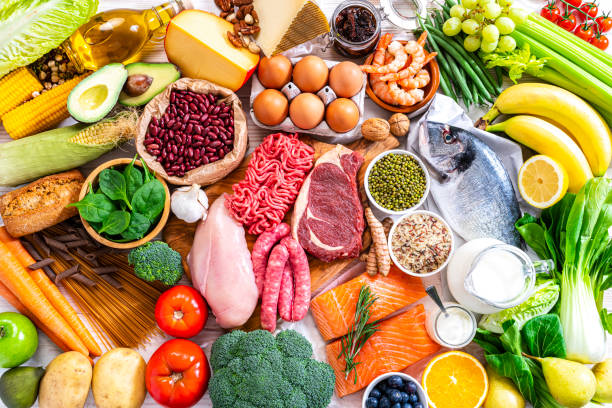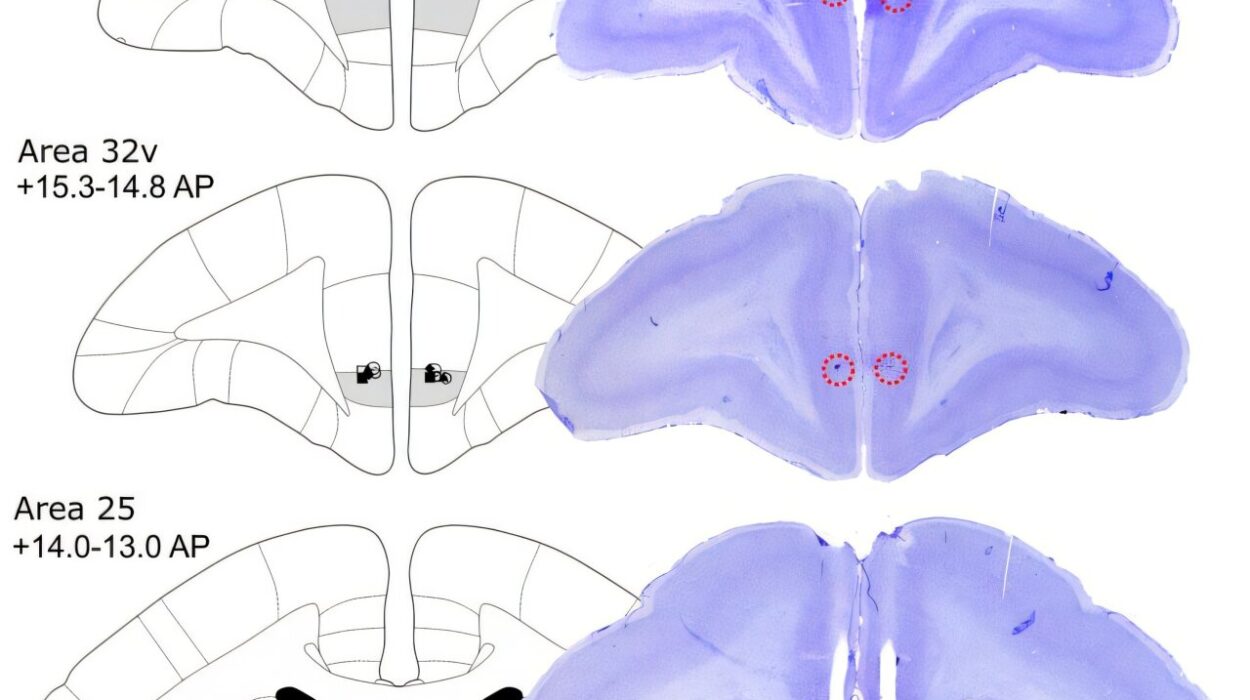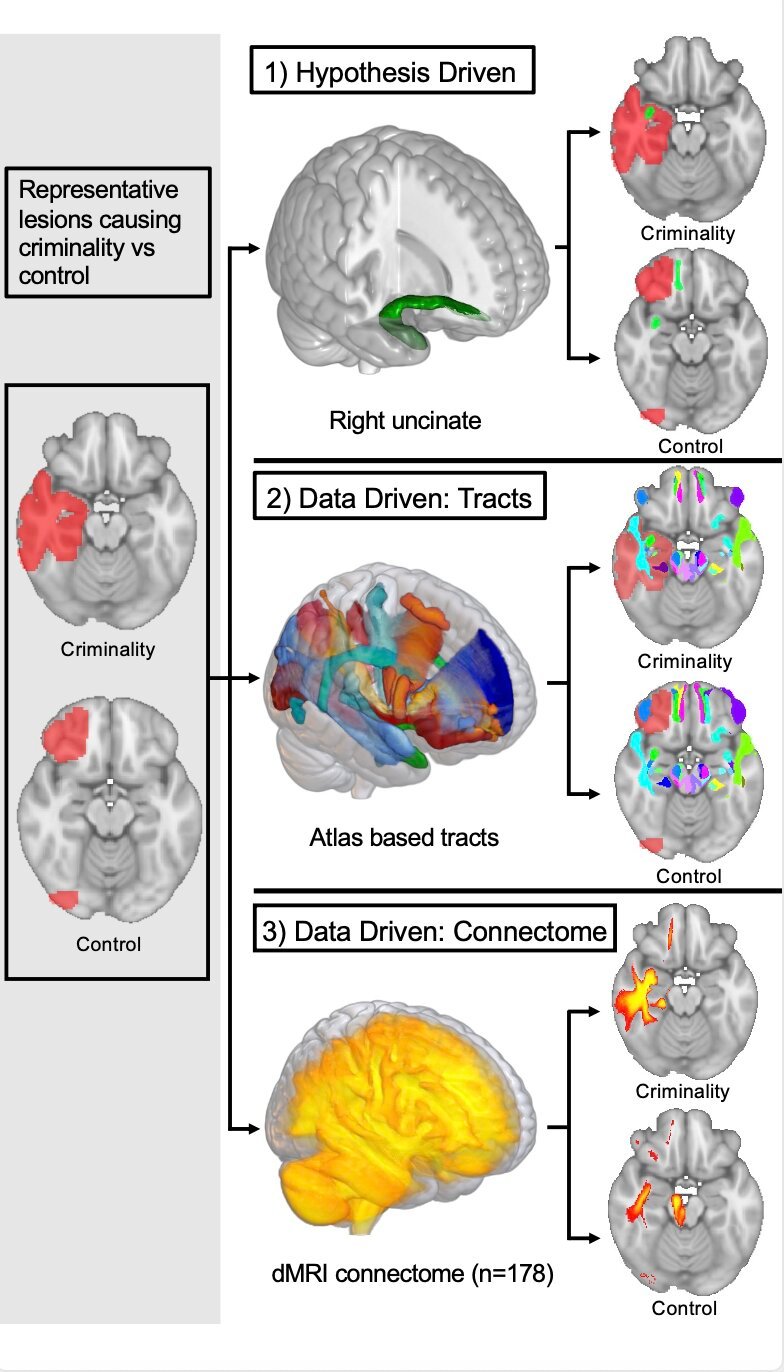Weight loss is one of the most common goals people set for themselves, yet it is also one of the most misunderstood. Fad diets, quick-fix supplements, and extreme exercise routines often promise rapid results, but most of them fail to provide lasting change. The truth is that healthy weight loss is not about tricks or deprivation—it’s about sustainable habits rooted in science.
Science tells us that weight loss happens when the calories you consume are less than the calories your body burns. But that’s only the surface. Hormones, metabolism, sleep, stress, and even psychology all play crucial roles in whether your body sheds fat or holds onto it. The good news is that researchers have uncovered many proven strategies that can make weight loss easier, healthier, and more sustainable.
Here are 20 science-based tips that go beyond quick fixes and instead focus on lasting, healthy weight loss.
1. Focus on Whole, Nutrient-Dense Foods
Calories matter, but the quality of calories matters just as much. Ultra-processed foods—loaded with refined sugars, unhealthy fats, and additives—can spike blood sugar, increase hunger, and encourage overeating.
In contrast, whole foods like vegetables, fruits, lean proteins, whole grains, and healthy fats are packed with nutrients and fiber that keep you full while nourishing your body. Eating more whole foods naturally reduces calorie intake because they are less calorie-dense yet more satisfying.
Science shows that diets rich in whole, minimally processed foods are strongly linked to lower body weight and reduced risk of chronic diseases.
2. Prioritize Protein in Every Meal
Protein is a weight-loss powerhouse. Studies show that increasing protein intake boosts satiety, reduces cravings, and helps preserve lean muscle mass during weight loss. Muscle burns more calories at rest than fat, so maintaining it is key for a healthy metabolism.
Including protein at every meal—such as eggs, chicken, fish, beans, tofu, or Greek yogurt—can also stabilize blood sugar and reduce overeating later in the day. Aim for at least 20–30 grams of protein per meal if possible.
3. Don’t Fear Healthy Fats
For years, fat was demonized as the enemy of weight loss. But modern science has shown that healthy fats are essential. Fats from avocados, nuts, seeds, olive oil, and fatty fish support hormone regulation, satiety, and nutrient absorption.
What matters is the type of fat. Trans fats and excessive saturated fats should be limited, but unsaturated fats can actually support weight loss by making meals more satisfying and reducing the urge to snack.
4. Eat More Fiber-Rich Foods
Fiber is often overlooked, but it is one of the most powerful tools for weight loss. It slows digestion, stabilizes blood sugar, and keeps you full for longer. Soluble fiber, in particular, forms a gel-like substance in the gut that helps control appetite and reduce calorie absorption.
Foods like oats, beans, apples, carrots, chia seeds, and flaxseeds are excellent sources of soluble fiber. High-fiber diets have consistently been shown to support weight loss and prevent weight regain.
5. Stay Hydrated—Drink Enough Water
Sometimes, what feels like hunger is actually dehydration. Drinking water before meals can reduce calorie intake, while proper hydration supports metabolism and energy levels.
Research shows that people who drink water before meals tend to eat fewer calories, and drinking cold water may slightly boost calorie burning as the body works to warm it up. Replacing sugary drinks with water or sparkling water is one of the simplest changes you can make for weight loss.
6. Practice Mindful Eating
Modern life encourages distracted eating—scrolling on phones, watching TV, or rushing through meals. This makes it easy to overeat without realizing it.
Mindful eating, on the other hand, encourages slowing down, paying attention to hunger cues, and savoring food. Studies show that mindful eating can significantly reduce binge eating and emotional eating while helping people naturally eat fewer calories.
Try putting down your utensils between bites, chewing slowly, and noticing the flavors, textures, and satisfaction your food brings.
7. Limit Added Sugars
Added sugar is one of the leading drivers of weight gain. Sugary drinks, candy, pastries, and processed snacks provide empty calories that spike blood sugar and increase cravings.
Research shows that reducing added sugar intake is strongly associated with weight loss and better health. Look for hidden sugars in foods like sauces, cereals, and flavored yogurts. Instead, satisfy your sweet tooth with whole fruits, which contain fiber and nutrients that slow sugar absorption.
8. Balance Carbohydrates, Don’t Cut Them Completely
Carbohydrates are often unfairly blamed for weight gain. While refined carbs (white bread, pastries, sugary cereals) do contribute to overeating, whole carbs (brown rice, quinoa, oats, sweet potatoes, fruits) provide fiber, vitamins, and sustained energy.
Science supports reducing refined carbs for weight loss, but cutting out all carbs is unnecessary for most people. A balanced approach—favoring complex, fiber-rich carbs—can support both weight management and long-term health.
9. Control Portion Sizes
Even healthy foods can contribute to weight gain if portions are too large. Research shows that people tend to eat more when given larger servings, even if they aren’t hungrier.
Using smaller plates, measuring serving sizes, and practicing portion awareness can help reduce calorie intake without feeling deprived. Learning what a true serving size looks like—for example, a fist-sized portion of carbs or a palm-sized portion of protein—can make a huge difference.
10. Get Enough Quality Sleep
Sleep is one of the most underrated factors in weight loss. Studies consistently show that lack of sleep disrupts hormones like ghrelin and leptin, which regulate hunger and satiety. Sleep-deprived people tend to crave more high-calorie, sugary foods and are less likely to resist them.
Aim for 7–9 hours of quality sleep per night. Establishing a bedtime routine, reducing screen time before bed, and keeping a consistent sleep schedule all help regulate appetite and metabolism.
11. Manage Stress Effectively
Chronic stress triggers the release of cortisol, a hormone that increases appetite and encourages fat storage, particularly in the abdominal area. Stress also makes people more likely to engage in emotional eating or crave comfort foods high in sugar and fat.
Science shows that stress management techniques such as meditation, yoga, breathing exercises, and even regular physical activity can reduce cortisol levels and support weight loss.
12. Strength Training Is Essential
While cardio burns calories during exercise, strength training builds muscle, which increases your resting metabolic rate. That means your body burns more calories even when you’re not exercising.
Studies show that combining resistance training with diet changes leads to more effective weight loss and better body composition than dieting alone. Focus on compound movements like squats, lunges, push-ups, and weightlifting at least 2–3 times per week.
13. Don’t Skip Breakfast (Unless Intermittent Fasting Works for You)
Breakfast has long been touted as the “most important meal of the day,” but science shows the truth is more nuanced. For some people, eating a protein-rich breakfast helps reduce cravings and overeating later in the day.
However, others find that skipping breakfast (such as in intermittent fasting) helps reduce overall calorie intake. The key is consistency: whether you eat breakfast or not, focus on nutrient-rich foods and avoid sugary, processed options.
14. Consider Intermittent Fasting
Intermittent fasting (IF) has gained popularity, and science supports its effectiveness for weight loss. By limiting eating to certain windows of time—such as 16 hours fasting with an 8-hour eating window—people naturally consume fewer calories without strict calorie counting.
Research suggests IF may improve insulin sensitivity, reduce inflammation, and support fat loss while preserving lean muscle mass. However, it’s not suitable for everyone, especially those with certain medical conditions.
15. Plan Your Meals Ahead
Planning meals reduces the temptation to grab fast food or processed snacks when hunger strikes. It also helps control portion sizes and ensures a balance of nutrients.
Studies show that people who meal plan tend to eat healthier, consume fewer calories, and stick to weight loss goals more effectively. Cooking at home also gives you control over ingredients, reducing hidden calories and added sugars.
16. Keep Healthy Snacks Accessible
Weight loss doesn’t mean you’ll never snack. But what you snack on matters. Keeping cut-up vegetables, fruit, nuts, or yogurt readily available reduces the temptation to reach for chips or cookies.
Science shows that having healthier options in your environment strongly influences your choices. If your pantry and fridge are stocked with nutrient-dense foods, you’re more likely to eat them when hunger hits.
17. Be Consistent, Not Perfect
One of the biggest reasons diets fail is the “all-or-nothing” mindset. People stick to rigid rules until they slip up, then abandon their efforts altogether. But science shows that consistency matters more than perfection.
Sustainable weight loss comes from long-term habits, not temporary restrictions. Allow yourself flexibility—occasional treats won’t derail progress if you’re consistent most of the time. The goal is balance, not perfection.
18. Track Progress Beyond the Scale
Weight fluctuates naturally due to water retention, hormones, and digestion. Obsessing over the scale can be discouraging. Instead, track progress with multiple methods:
- How your clothes fit
- Changes in energy levels
- Body measurements
- Improvements in strength or fitness
Research shows that focusing on non-scale victories can improve motivation and long-term success.
19. Be Patient—Sustainable Weight Loss Takes Time
Rapid weight loss might seem appealing, but science shows it’s often unsustainable and can lead to muscle loss and nutrient deficiencies. Healthy weight loss is typically 0.5–1 kilogram (1–2 pounds) per week.
Patience is key. Sustainable weight loss means building habits that last a lifetime, not chasing quick fixes. It’s about progress, not perfection, and each small change compounds over time.
20. Build a Support System
Humans are social creatures, and research shows that having a support system significantly improves weight loss outcomes. Whether it’s friends, family, a workout buddy, or an online community, accountability and encouragement help maintain motivation.
Behavioral studies confirm that people who engage in weight loss programs with social support are more likely to stick to them and achieve lasting results.
Conclusion
Weight loss is not about extreme diets or punishing workouts. It’s about understanding how your body works and building habits that support it. Science shows that successful weight loss is gradual, balanced, and rooted in healthy lifestyle choices.
By focusing on nutrient-dense foods, managing stress and sleep, staying active, and practicing mindfulness, you create an environment where your body naturally sheds excess weight and maintains a healthier balance.
The journey may not always be easy, but every step you take brings you closer to a healthier, more energetic version of yourself. And the best part? When you follow science-based strategies, you’re not just losing weight—you’re gaining lifelong health.






